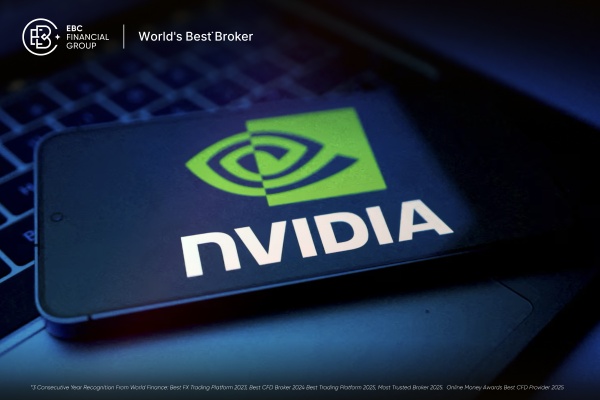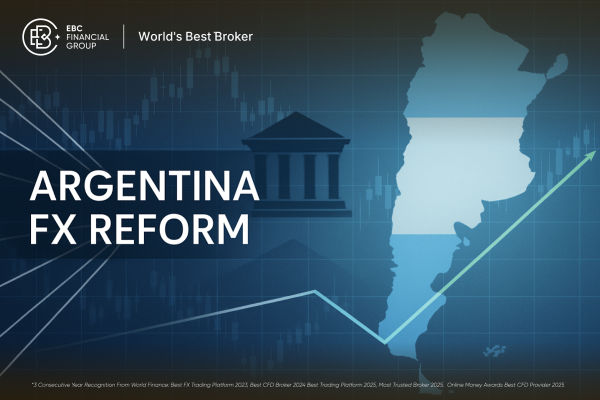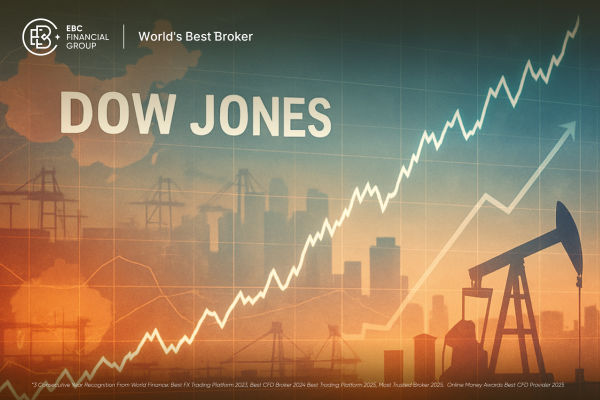In recent years, many commercial wars have broken out in the market, such as
the short video war between TikTok and Kwai, the online car hailing war between
Uber and Lyft, and the e-commerce red envelope war. Behind this series of
commercial competitions, capital plays a key driving role. Today, we will delve
into the concept and role of capital, as well as the relationship between large
companies and private equity investments.

What is capital?
Capital, in simple terms, refers to the investors behind large companies,
usually private equity funds, also known as private equity in English. They
mainly invest in private companies and sell them after the company appreciates,
achieving a profit by buying low and selling high. Some famous private equity
fund companies include Blackstone, KKR, Hillhouse Capital, and others. In China,
private equity is usually a concept opposite to public offering, with a greater
emphasis on consolidating investments.
Investment at different stages
The relationship between large companies and private equity investment is
inseparable, and private equity investment usually covers different stages of a
company's development. Firstly, there is the early stage, also known as venture
capital. This stage usually refers to a company that has just been established
and may only have a preliminary idea, new technology, or new product that has
not yet undergone market validation. At this stage, the company needs funds to
start. Venture capital funds specialize in investing in such early projects,
with typically low valuations and relatively small investment amounts, typically
around millions of dollars. Investors expect some of these projects to achieve
returns of tens or even hundreds of times in the future.
After venture capital, the company may enter a growth stage, which refers to
the initial validation of its creativity and the need to replicate and expand
its business. At this stage, investment is often referred to as growth equity,
and investors are more cautious because the company already has some operational
data for reference and the investment amount is usually larger, ranging from
several million to hundreds of millions of dollars.
With continuous rounds of financing, some companies eventually go public. But
there are also some companies that have been financing themselves without going
public. The definition and boundaries of these stages have become increasingly
blurred, as it is difficult to clearly define the company's development.
Ultimately, the company may enter a mature stage, where it reaches a relatively
stable state with a clear business model and stable cash inflows. At this point,
the company has become a decently large company.
Leverage and risk
Private equity investments typically require a significant amount of capital
in order to gain control over the target company. Therefore, private equity
companies often do not fully utilize their own funds and instead seek loans,
which are known as leveraged buyouts. This approach is similar to the principle
of buying a house loan. By borrowing, they can invest more flexibly and expect
higher returns after the company appreciates. However, leveraged investments
also come with risks, as the burden of debt increases, but if everything goes
smoothly, the return may also be higher.
Requirements for private equity investors
Working in the field of private equity investment requires financial
knowledge, operational management experience, and an understanding of the
capital market. The professional requirements in this field are relatively high,
so many people engaged in private equity investment have spent hard study and
exercise in the field of investment banking.
The Role of Big Companies
In addition to private equity companies, some large companies are also
involved in private equity investments. These companies typically have large
capital reserves that can be used for mergers and acquisitions or stock
repurchases. They may focus on areas related to their core business in order to
achieve strategic synergies. The intervention of these giants may also trigger
competition in the field, but it usually brings more investment
opportunities.
Strategic investment and financial investment
When making private equity investments, investors can choose two different
methods: strategic investment and financial investment. Financial investment
aims to pursue financial returns, usually involving buying and selling shares of
a company to gain capital appreciation. Strategic investment focuses more on how
the company can bring added value to the parent company, usually involving the
utilization of synergies. Both of these methods have practical applications,
depending on the investors' goals and strategies.
Future Trends
The future of private equity investment is full of variables. With the
development of technology and the evolution of the market, investment trends are
also constantly changing. The role of large companies in the private equity
sector may continue to increase, while the heat of the capital market may
fluctuate. However, in the long run, successful private equity investments still
need to focus on industries and companies that truly have the potential to
create value.
Private equity investment is a field full of challenges and opportunities,
involving multiple stages and strategies. Understanding the basic concepts and
principles of this field, as well as the relationship between large companies
and private equity investments, can help investors better understand its
operation and its importance in the financial world.
Disclaimer: This material is for general information purposes only and is not intended as (and should not be considered to be) financial, investment or other advice on which reliance should be placed. No opinion given in the material constitutes a recommendation by EBC or the author that any particular investment, security, transaction or investment strategy is suitable for any specific person.



























